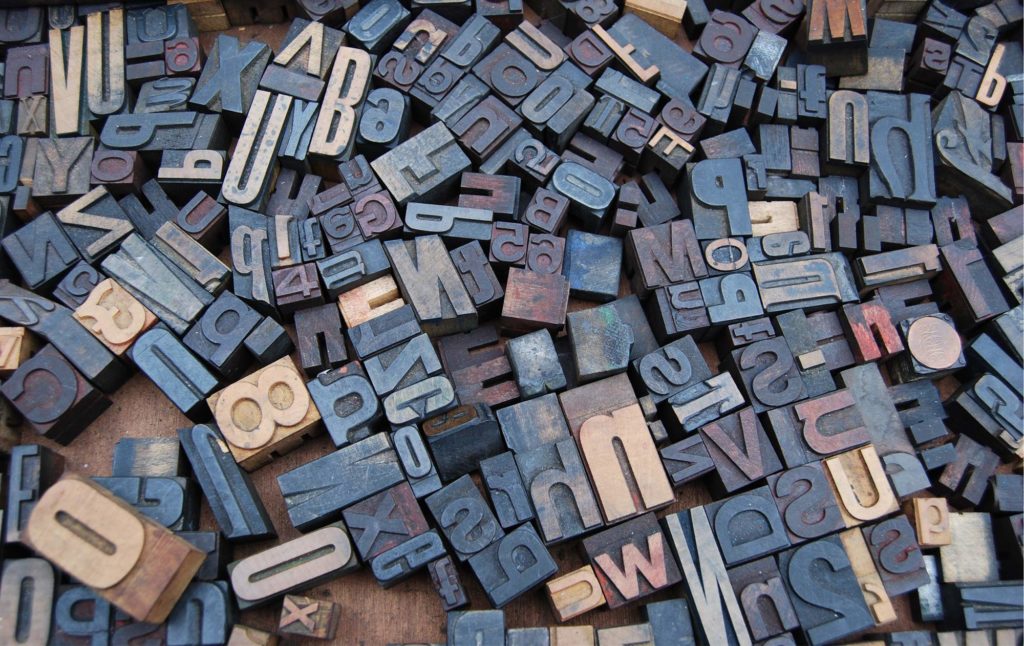
Journalism has a representation problem. That’s hardly a “stop press” insight, but the details remain chilling. Only 24% of news subjects are women. And the numbers get worse for the rare outlets that audit interviewees’ ethnic demographics. NPR — often hailed as a progressive beacon — reports just 17% non-white sources, for example. The lack of representation can lead to major issues going unnoticed and white cis-male voices being considered the norm. We need more diverse sources.
To combat this bias, organizations like People of Color Also Know Stuff are building databases of experts to help reporters connect with sources from traditionally marginalized communities. Here is a list of 20 resources to help you find voices that reflect the rich diversity of your readers and the world!
(We haven’t included go-tos like HERO, Qwoted, ProfNet, SciLine, TravMedia, SourceBottle, Google Scholar, and Expertise Finder, because they don’t have strictly diverse sources. But you can still find underrepresented experts there with a bit of digging.)
Resources for Finding Sources That Reflect the World’s Diversity
AAJA Studio
Twitter: @aaja
A bureau connecting journalists with Asian-American and Pacific Islander experts and community leaders. The curated list is especially strong on topics like civil rights, voting, health policy, immigration, race relations, political campaigns, the Asia-Pacific region, and international relations.
Disabled Writers
Twitter: @DisabledWriters
This organization connects editors with writers who have disabilities, and journalists with sources who deal with chronic illness and pain. The directory includes experts in law, art, science, culture, tech, and many other categories.
Disability and Media Alliance Project
Eliminate stereotypes and accurately represent people with disabilities by interviewing people with expertise and lived experiences.
Diversify Chemistry
Explore chemists from underrepresented communities, sorting experts using nine different metrics.
Diverse Sources
Twitter: @diversesources, Facebook: Diverse Sources
This searchable database highlights voices in fields like science, health, medicine, and the environment. It includes experts from different races, genders, socioeconomic groups, and lived experiences. Founded by Mollie Bloudoff-Indelicato, it is updated regularly and often shares other resources on Twitter.
Editors of Color Database of Diverse Databases
Twitter: @editorsofcolor, Facebook: Editors of Color
Go meta with this database of diverse databases! This massive library of underrepresented experts is organized by subject: art, food, health, music, science, and more.
Equity at the Table (EATT)
This directory highlights women and gender non-conforming individuals in/around the food industry. It focuses primarily on the BIPOC and the LGBTQIA+ communities, and draws inspiration from the aphorism “build a longer table, not a higher fence.”
The Georgia Tech Diversity and Inclusion Project’s Database of Databases
More meta here! This comprehensive list directs you to multiple other diversity resources so you can really level up your sourcing!
LGBT+ Physicists Outlist
Check out this massive directory of queer scientists willing to comment on physics, astronomy, and engineering. It also includes an ally list.
NPR’s Source of the Week
Twitter: @SourceOfTheWeek
This comprehensive directory features experts from racial and ethnic groups underrepresented in the media. The database is easily searchable by location and subject matter expertise, making it easier to find a relevant source quickly.
The team highlights a new source every week, so you can learn more about new experts and consider interviewing them. They welcome suggestions for whom to cover!
People of Craft
Twitter: @peopleofcraft_
Connect with BIPOC creatives across the fields of art, tech, design, advertising, illustration and lettering, etc.
People of Color Also Know Stuff
Twitter: @POCalsoknow
This free POC-led directory of political science experts includes qualifications, brief bios, and contact information to help find the right sources for your story.
SheSource
Twitter: @womensmediacntr, Facebook: Women’s Media Center
Discover female-identifying experts of color via detailed bios in this directory, run by the Women’s Media Center. Journalists can also search for experts by keyword, location, and language.
Sources of Color
A free global directory of sources and PR professionals, who can help your coverage reflect the world around it. You can search the database by education, expertise, industry and geography.
SPARK’s Scholars of Color
Twitter: @SocietySpark
Browse an array of academic experts across a variety of industries. Journalists can filter the directory by location, expertise, and organization.
Women+ (Sourcelist)
This key resource for tech and political reporters showcases over 750 female-identifying experts.
Women in Neuroscience Repository
Twitter: @WINRePo1, Facebook: WiNRepository
The database features over 1,700 underrepresented experts in the field of neuroscience. It is searchable by location, expertise, and positions.
Women, Non-binary and POC Media Experts
Need quotes from authoritative sources about the media? Look no further! This spreadsheet details expertise from journalistic ethics to human-centered design, and ranges from Denmark to Detroit, USA.
500 Queer Scientists
Twitter: @500queersci, Facebook: 500 Queer Scientists
Check out this compendium of scientists from the LGBTQIA+ community! You can search by location and category, and read detailed bios of queer scientists willing to share their expertise.
500 Women Scientists
Twitter: @500womensci, Facebook: 500 Women Sci
Browse female-identifying sources working in STEM fields. You can find experts by location and “save” the ones you intend to connect with.
Representation Doesn’t Stop with Sourcing!
Finally, don’t forget to encourage a wide variety of talent throughout the reporting process. Try suggesting photographers that aren’t white cis-males for visual storytelling components. Don’t know any suitable for your story offhand? Diversify Photo and Women Photograph can help!
Broadcasting or reporting remotely? The database at World Fixer connects journalists with location-specific help from wranglers to crew and producers.
